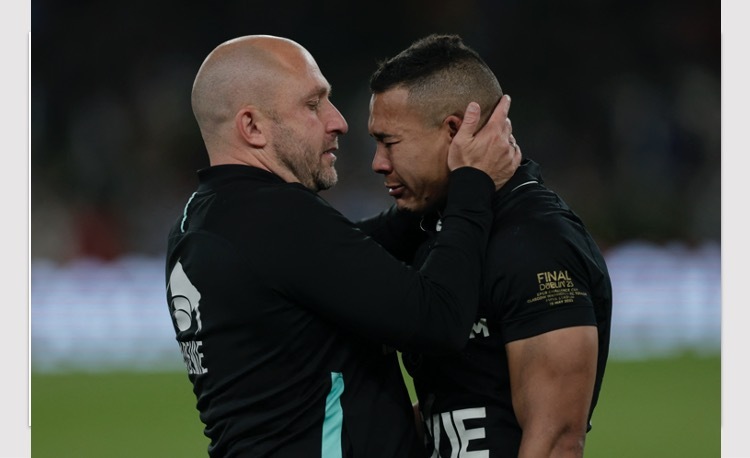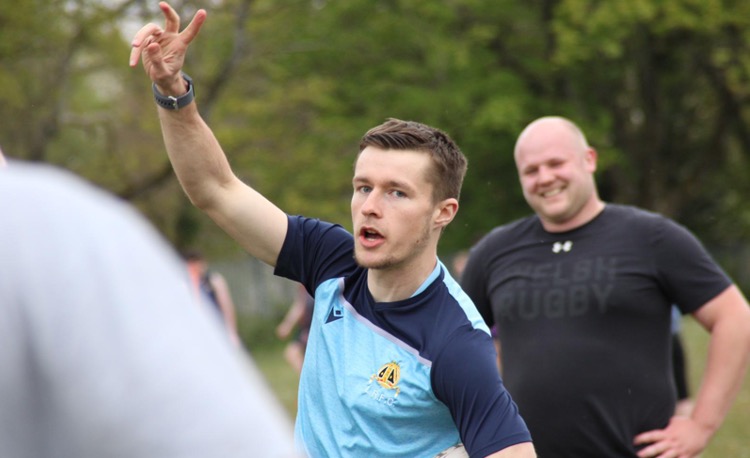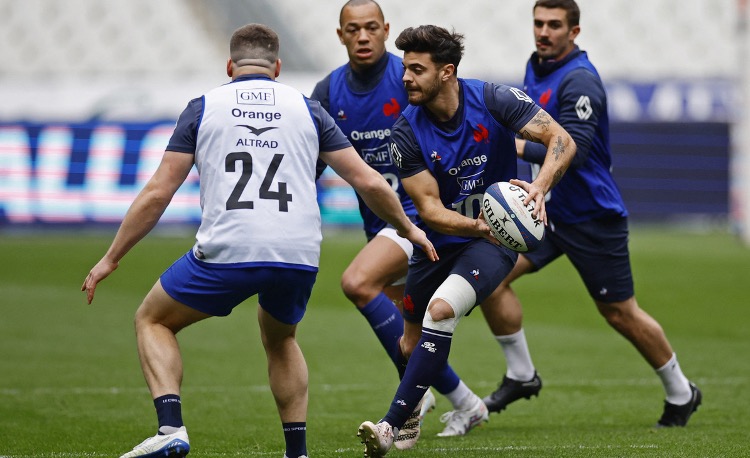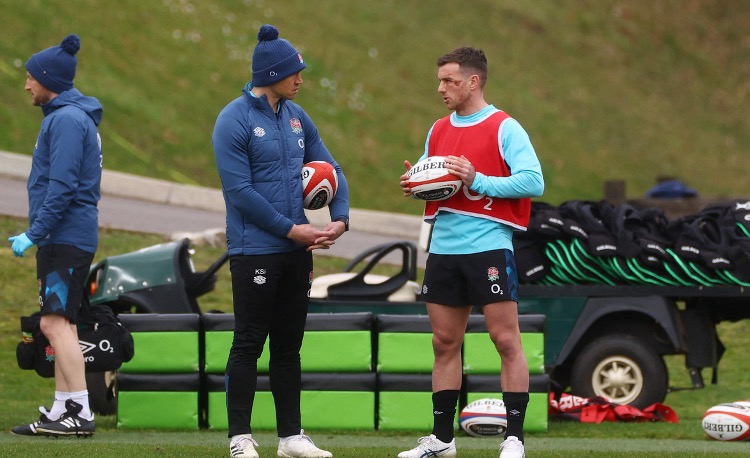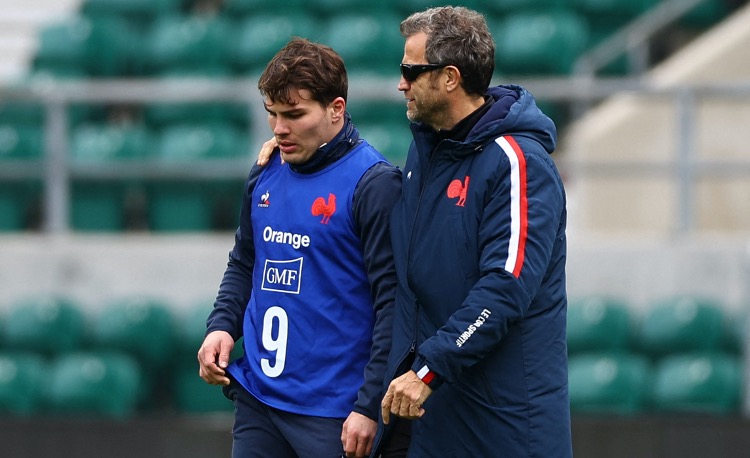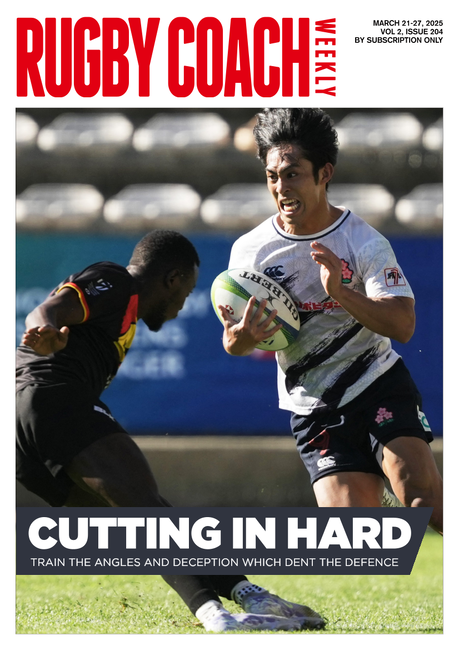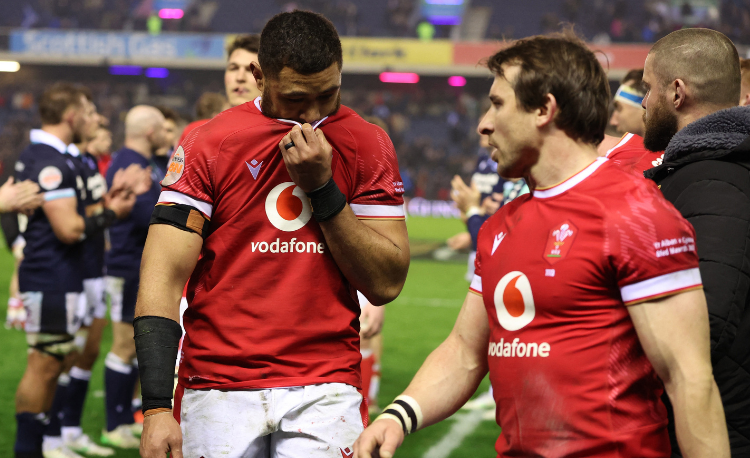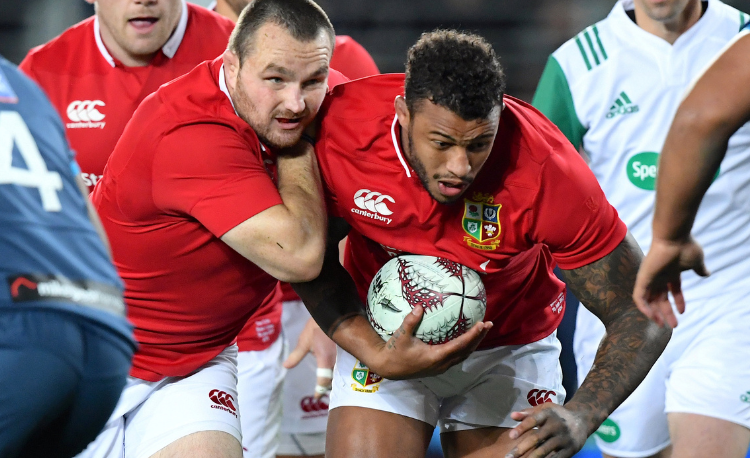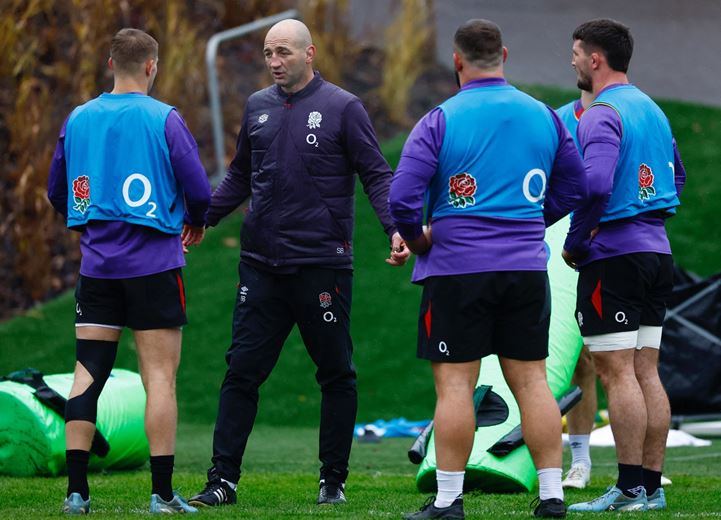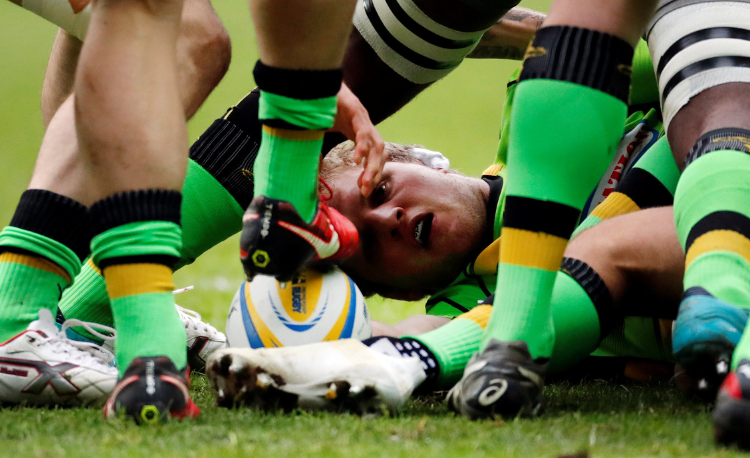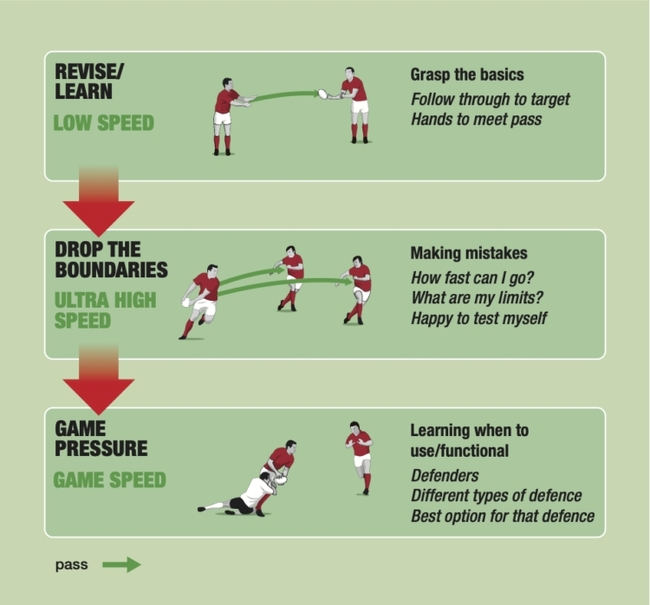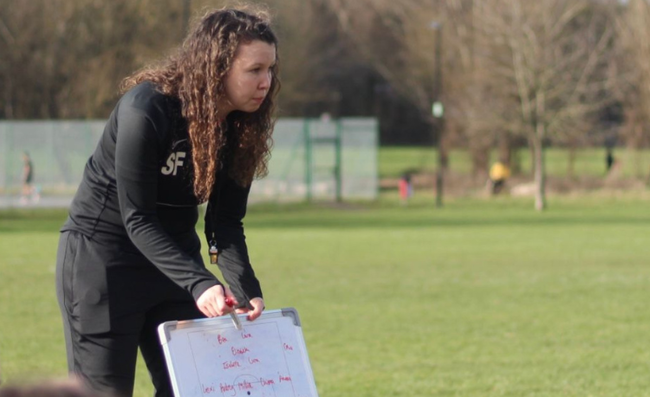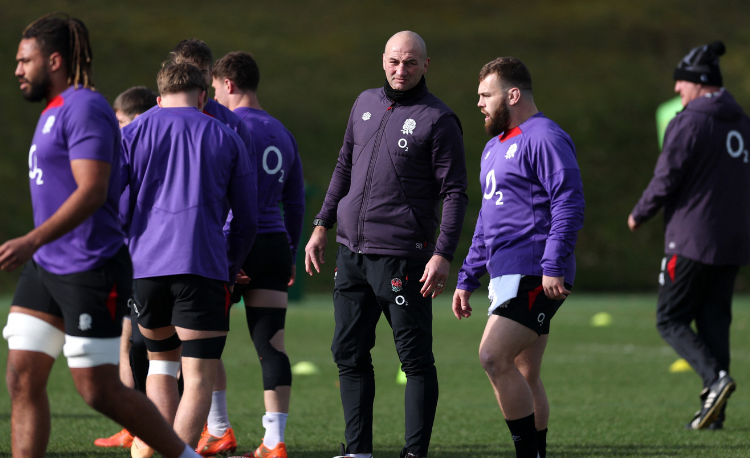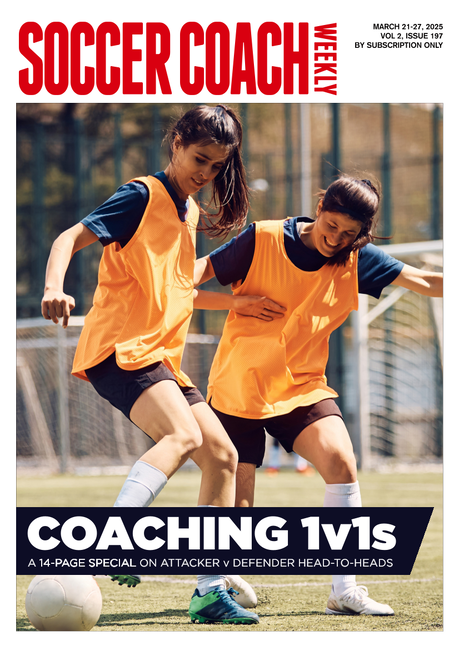Be a more powerful coach
Influence your players more by understanding where the power to influence comes from.
When the players listen and act effectively on your direction, you have coaching power. In other words, you have influenced that person to do something they would not have done had they not been influenced.
It doesn’t mean that the player has learned something that they will repeat in the future. However, to run an effective training session you have to be able to make things happen. You have to exert influence to enhance the opportunities for learning.
Anything to improve that power is important if you want to promote your vision. Yet, you need to understand which forms of that power have a positive effect on learning and how you should balance the use of these sources.
SOURCES OF POWER
Power comes from four main sources: expert, informational, reward and punishment, and charismatic. We could also add in coercive and legitimate power, which refers to a more militaristic approach. You can guess these aren’t going to help learning and are very unlikely to be part of your coaching style.
So, in your coaching, you will use those sources of power, which can influence your players if you know how to use them.
Power comes from four main sources: expert, informational, reward and punishment, and charismatic.
A fifth, more subtle area is the empowerment of players – handing over more responsibility to the athlete for decision-making. Give them options to choose from, like which moves to use, which games to play in training.
You control the number and content, making it narrow or wide depending on the nature of what you want to achieve.
If you are strong in expert, informational and charismatic power, it will be easier to empower the players. You and the players can share the power to influence their learning.
1 EXPERT POWER
Being the nominated coach is not enough to give you long-term power. You have to prove your expertise on the training ground.
The more the players see they’re benefitting from training the more power you receive.
Examples
- Set clear targets for training.
- Outline specific skills training programmes.
2 INFORMATIONAL POWER
Expert power shows the players you know what you are talking about. Informational power helps the players understand why they are doing it. You provide explanations and reasons.
Examples
- Avoid jargon when using explanations.
- Check for understanding by asking questions.
- Allow the players space to ask questions.
3 REWARD AND PUNISHMENT POWER
You will have the power to promote or drop players. A player on the edge of the team will be more willing to work harder and listen than a well-established player.
You can tell that this is not something you can constantly hold over players. However, should a player seriously step out of line, they know you have that sanction available.
4 CHARISMATIC POWER
By engaging with the players on more than a sporting level, the coach can build a stronger bond.
Examples
- Find out where the player goes to work/school.
- Know who comes to support the player at matches
Newsletter Sign Up
Coaches Testimonials

Gerald Kearney, Downtown Las Vegas Soccer Club

Paul Butler, Florida, USA

Rick Shields, Springboro, USA

Tony Green, Pierrefonds Titans, Quebec, Canada
Subscribe Today
Be a more effective, more successful rugby coach
In a recent survey 89% of subscribers said Rugby Coach Weekly makes them more confident, 91% said Rugby Coach Weekly makes them a more effective coach and 93% said Rugby Coach Weekly makes them more inspired.
Get Weekly Inspiration
All the latest techniques and approaches
Rugby Coach Weekly offers proven and easy to use rugby drills, coaching sessions, practice plans, small-sided games, warm-ups, training tips and advice.
We've been at the cutting edge of rugby coaching since we launched in 2005, creating resources for the grassroots youth coach, following best practice from around the world and insights from the professional game.
